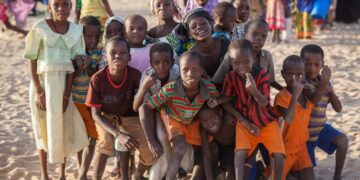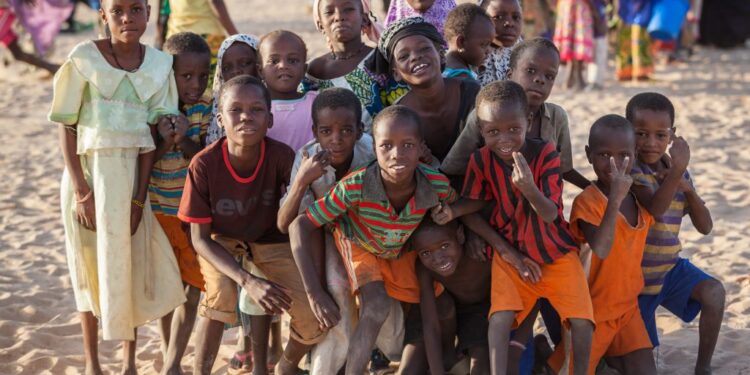By Riches Soberekon
According to the United Nations Children’s Fund (UNICEF), over two million children in Niger are currently in need of humanitarian aid.
The country has been destabilized by a recent coup and has been facing ongoing jihadist violence.
UNICEF expressed deep concern about the situation and emphasized the urgent need for assistance.
Even before the recent civil unrest and political instability, UNICEF estimated that around 1.5 million children under the age of 5 were already suffering from malnutrition in Niger. Among them, at least 430,000 were experiencing the most severe form of malnutrition, which is life-threatening.
UNICEF warns that these numbers could rise further if food prices continue to increase and the economic situation worsens, impacting families’ incomes and households. The organization highlights the critical role of access to affordable and nutritious food in addressing the crisis.
In addition to the food crisis, Niger is also facing electricity shortages, which have been exacerbated by the sanctions imposed on the country by the Economic Community of West African Countries (ECOWAS) in response to the coup. These shortages are affecting the cold chain, potentially compromising the effectiveness of storing and distributing vital infant vaccines in healthcare facilities.
Despite the challenges, UNICEF remains committed to providing humanitarian assistance to children throughout the country. However, they express concern that their vital supplies are currently blocked at various entry points, including the border with Benin. This hinders their ability to deliver essential aid to those in need.
To address the situation, UNICEF urgently appeals to all actors involved in the crisis to ensure access for humanitarian workers and supplies in Niger. They also call on donors to safeguard humanitarian funds from multilateral or unilateral sanctions, ensuring that aid reaches those who need it most.
Niger, one of the world’s poorest countries, heavily relies on foreign support both economically and energetically.
The nation has been grappling with jihadist attacks for several years, particularly in the western and southeastern regions, further exacerbating the challenges faced by its vulnerable population.




































